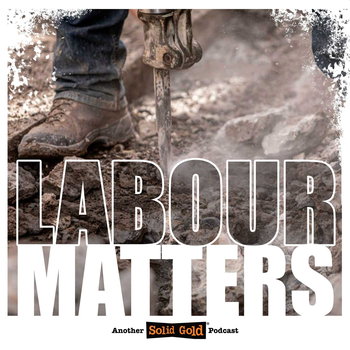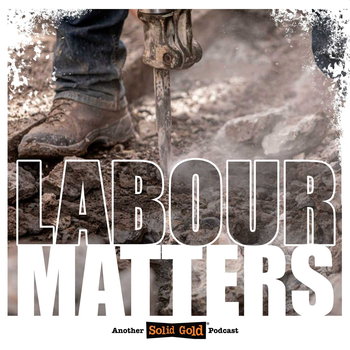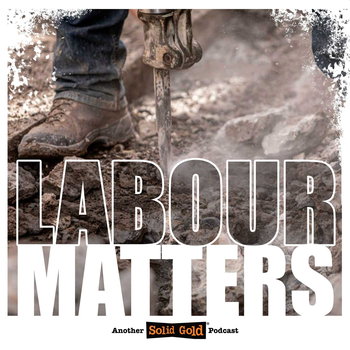
#006 A word about contracts
Loading player...
Is the contract of employment a force for good or evil?
The answer is that it can be one or the other and will depend on how it’s drafted. Given that the employment contract is one of the pillars of the employment relationship and is the first thing an employee will reach for when the relationship turns sour, it is sometimes surprising to see how many contracts there are that actually limit the employer and put huge power into the hands of the employee. Had they understood this, would employers be so eager to pay good money for over-contractualised contracts that specify in the minutest detail exactly what employees must do, when the employer does not need the power of contract to enforce the majority of rights it already has?
At the root of the problem is the fact that employment is one of the most dynamic relationships of all, and an employer that can rapidly respond to the ever-changing demands of the market will be the employer with the most successful operation. On the other hand, contracts tend to be static documents - for the simple reason that they try and make the relationship stable and predictable - and don’t cope well with change.
Is there a middle way? Indeed there is and careful drafting can reward you with a contract that has the best of both worlds. Just what this contains and possibly more importantly, exactly what should be left out of an employment contract is the topic of this Podcast and I am confident that my top tips will help you to draft better ones and improve your flexibility.
The answer is that it can be one or the other and will depend on how it’s drafted. Given that the employment contract is one of the pillars of the employment relationship and is the first thing an employee will reach for when the relationship turns sour, it is sometimes surprising to see how many contracts there are that actually limit the employer and put huge power into the hands of the employee. Had they understood this, would employers be so eager to pay good money for over-contractualised contracts that specify in the minutest detail exactly what employees must do, when the employer does not need the power of contract to enforce the majority of rights it already has?
At the root of the problem is the fact that employment is one of the most dynamic relationships of all, and an employer that can rapidly respond to the ever-changing demands of the market will be the employer with the most successful operation. On the other hand, contracts tend to be static documents - for the simple reason that they try and make the relationship stable and predictable - and don’t cope well with change.
Is there a middle way? Indeed there is and careful drafting can reward you with a contract that has the best of both worlds. Just what this contains and possibly more importantly, exactly what should be left out of an employment contract is the topic of this Podcast and I am confident that my top tips will help you to draft better ones and improve your flexibility.



